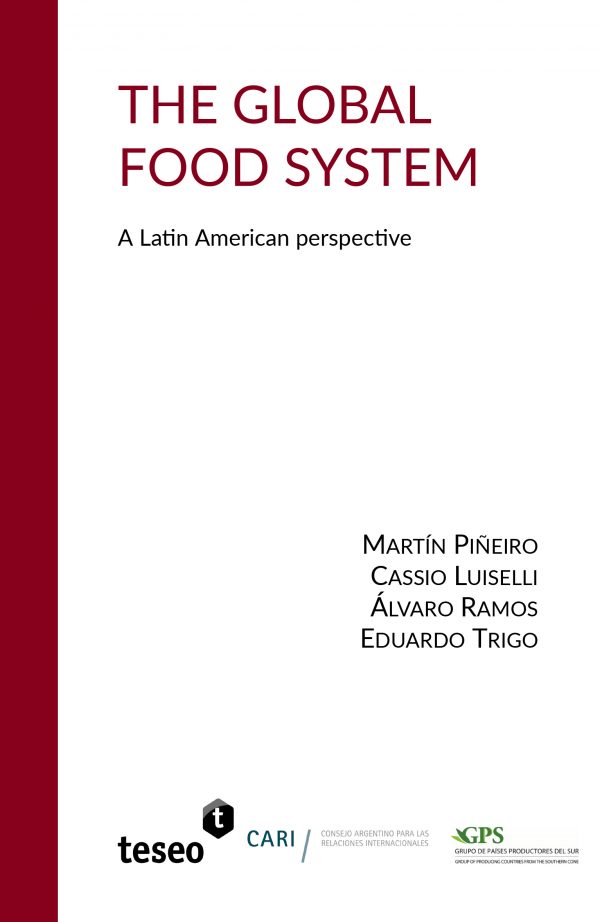Food production results from the activities of very complex national food systems. These systems are led by agriculture but comprise large and diverse industrial, distribution and trading activities that supply food to end consumers. These national systems are integrated through international trade into a powerful global food system that constitutes the main economic activity for 40% of the global population.
The global food system must be able to provide quality food in sufficient quantities and at reasonable prices to satisfy the needs and expectations of all consumers. One of the greatest challenges in our days is developing balanced food systems, capable of responding to the particular needs of individual countries and regions, as well as to the global needs of humanity.
An important first step in addressing this challenge was the Food Systems Summit convened by the Secretary-General of the United Nations in September 2021. On that occasion, the Western Hemisphere, in its role as the world’s major food exporter, had a significant participation in the deliberations and in building consensus, arguing in favor of designing rules and disciplines to improve international food trade.
This book attempts to make a modest contribution, from a Latin American perspective, to the discussion and consensus building processes for the development of a balanced and effective global food system.



















